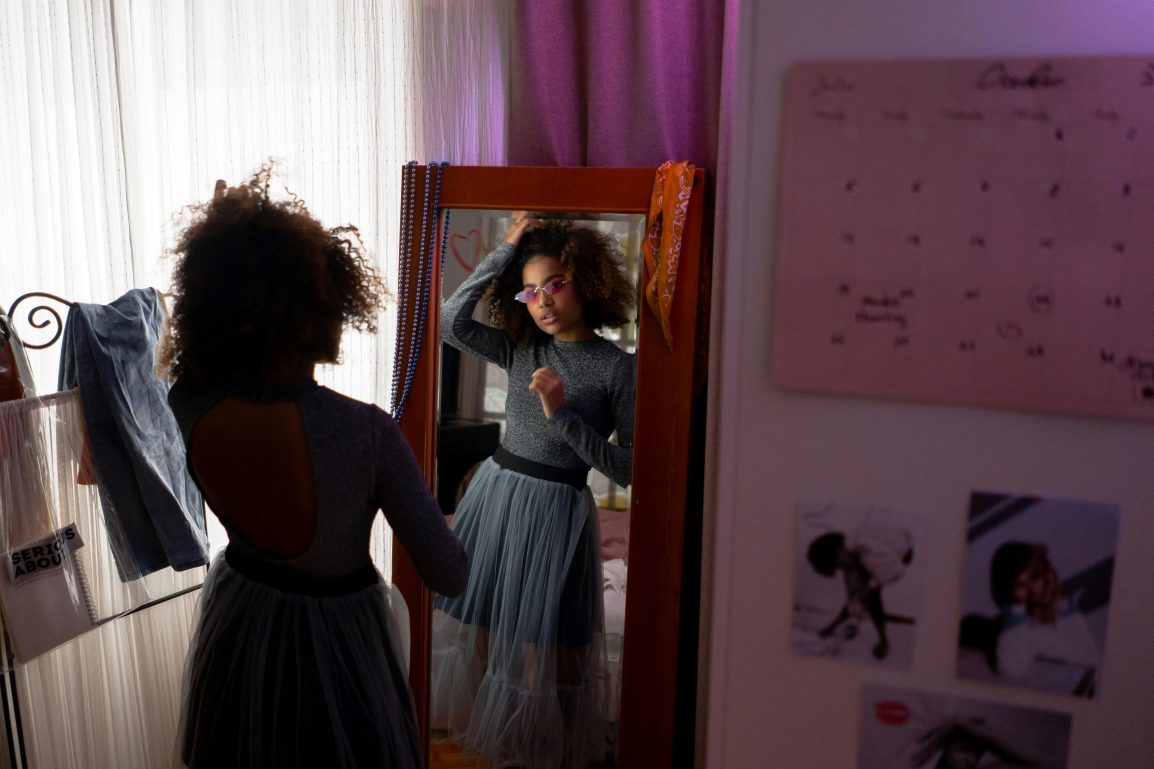For many people, the way they dress is an expression of who they are. From workplace uniforms to personal and seasonal aesthetics, fashion showcases more than just clothes and taste: it reflects culture, values, and even the unspoken rules of society and their evolution. What we wear tells stories of belonging and rebellion, of privilege and struggle, and of tradition and change.
The Many Eras of Fashion
Fashion reflects the motion of society. In one era, corsets and layers represented discipline, hierarchy, and restraint. In another, flapper dresses and bobbed hair captured a thirst for freedom and defiance.
What follows is a cycle of rebellion and reinvention.
The 1960s saw miniskirts and vivid, psychedelic colors that challenged authority, while the 1990s turned to minimalism and grunge as a rejection of excess. Today, no single look defines us. With aesthetics and inspiration all around us, everyone chooses to dress in the way they desire or feel most comfortable. No style is less sparkling, and none is more desirable. To trace the history of fashion is to trace the history of ourselves.
People as Fashion
Fashion is not necessarily clothing, but rather an extension of our personalities. People wear their identities on their sleeves, quite literally. Bold prints for the unapologetic, muted tones for the introspective, experimental cuts for those unafraid of standing out. Words fail to do justice at times, and that is where fashion makes the statement.
In today’s world, conversation evades us, but we are told that first impressions are the longest lasting. The way a person chooses to express themselves in clothing is now an acceptable form of first impression, as it provides insight into a person’s preferences that small talk may never achieve. Perhaps causing presumptions, but a choice of clothing can demand respect, spark curiosity, and create distance in unspeakable ways.
History also reminds us of times where kindness is represented in simple acts surrounding fashion. During the Great Depression, when families repurposed flour and potato sacks into dresses, some companies began printing floral or patterned designs on the fabric, allowing those less fortunate to still dress with grace. It emphasizes the importance of fashion to the world and how a good dress can lift your spirits despite the losses that surround you. Fashion, at its heart, is not about luxury but humanity and expression. We have specific clothes for mourning, weddings, comfort, and exuberance, all so we can say unspoken things in the simplest way imaginable.
Accessorizing!
Accessories are often the final touch– the mood-based decision, the grab-and-go. In truth, though, they are so much more; a simple dress can shift from casual to commanding with the addition of pearls, a leather belt, or statement shoes. Beyond terms of added personalization, they can hold political weight. The suffragette’s sash, the Black Panther’s beret, or even a simple safety pin have all served as silent yet powerful symbols of resistance and solidarity. Oftentimes, campaigners release accessories to allow people to show public support for their beliefs and values.
At the height of couture, accessories become icons in themselves. Think of the Birkin by Hermes, the quilted shoulder bag by Chanel, the red-bottomed Louboutins, or the Unique Bee by Gucci. These pieces remind us that the smallest elements of fashion can leave the most enduring cultural imprint. Sometimes, even art is centered around an accessory, as seen in the Girl with the Pearl Earring by Johannes Vermeer. Accessories are never extras- they are statements, identities, and beliefs.
The Fabric of Who We Are.
Let’s look at it simply: have you ever dressed for an occasion? Have you had preferences in color, material, or style? Yes, you have taken part in fashion. It is not a distant world of designers and couture, but every choice you make in what you wear. Every person wakes up and chooses what to wear for the day, taking part in this magnificent world where what you wear is part of who you are.
Fashion reflects our society because it reflects us.

